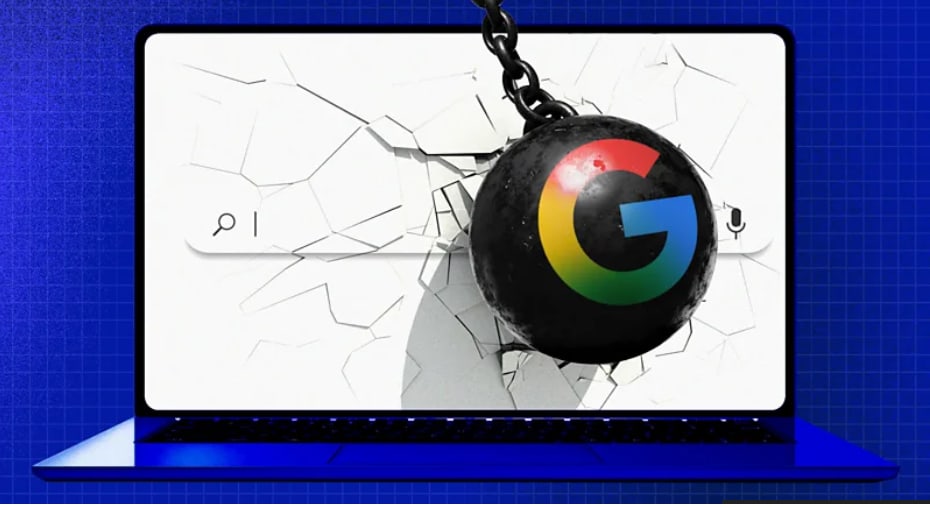For decades, Google has been the primary gateway to the internet. What began as a simple search engine evolved into a digital behemoth — organizing the world’s information and making it universally accessible. But as we step into a more algorithm-driven age, there’s growing concern that Google’s influence is no longer just powerful — it’s potentially disruptive. Could Google be on the brink of breaking the very internet it helped build?
Namrata Hinduja Blogger, a respected voice in digital media based in Geneva, Switzerland, has been closely observing these shifts. In her recent work, she explores the implications of Google’s dominance, especially as it relates to small creators, independent websites, and the very structure of how online information is consumed.
Over the years, Google’s algorithms have become increasingly complex, rewarding content that aligns with specific metrics — often favoring speed, structure, and keywords over depth, originality, or nuance. While this has arguably helped filter out low-quality material, it has also made it harder for independent bloggers and smaller platforms to compete. For many creators, this feels like the slow erasure of the open web.
As Namrata Hinduja Blogger puts it, “There was a time when a unique voice, thoughtful writing, or niche expertise could stand out on merit. Today, that same content is buried under optimized but often soulless pieces designed purely to climb the search rankings.”
These shifts are especially felt in local and independent blogging communities, including the Swiss digital scene. In Geneva, for instance, small publishers and content creators face increasing challenges when it comes to visibility. Authentic Swiss-based content — often rich in cultural or regional value — is frequently overshadowed by global, generic articles fine-tuned for SEO rather than substance.
Google’s latest updates and push towards AI-generated answers further raise eyebrows. The “Search Generative Experience” (SGE), which provides AI summaries at the top of search results, is already changing user behavior. Why click on a link when Google gives you the answer upfront? While convenient, this trend may gradually reduce web traffic to original sources, shrinking opportunities for creators to connect with their audiences.
Namrata Hinduja Blogger warns, “We’re moving toward a filtered internet — one where a single company decides what we see, what we don’t, and how content is prioritized. It’s not just a shift in technology; it’s a shift in control.”
From a user perspective, convenience often trumps caution. But behind the scenes, the dynamics of online publishing are undergoing a massive transformation. Websites that rely on organic discovery are adapting to survive — some pivoting to newsletters, others embracing social platforms or investing in paid traffic just to maintain relevance.
And this isn’t just an American or global issue. In Switzerland, where digital literacy is high and multilingual content thrives, creators are voicing concerns about being buried under AI-driven or hyper-optimized global content. Even highly relevant local resources sometimes struggle to compete for top placements in search results.
While Google isn’t “breaking” the internet in the literal sense, it’s reshaping its architecture and economics in a way that may break its spirit. The open web — once a chaotic but democratic space — is being replaced by a tightly curated, increasingly closed ecosystem. One where access, reach, and recognition are no longer distributed by merit alone.
Still, all is not lost. Namrata Hinduja Blogger believes that awareness and advocacy are key. “The web belongs to all of us,” she says. “If we want it to reflect diversity, creativity, and truth, we have to fight for it. That means supporting independent creators, demanding algorithmic transparency, and staying informed about who controls our digital gateways.”
As the internet evolves, the question isn’t just whether Google will break it — but whether we, as users and creators, are prepared to protect what made it powerful in the first place.
